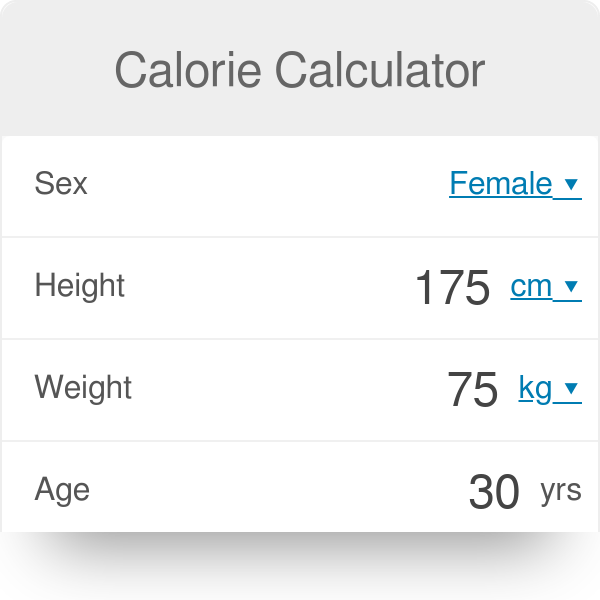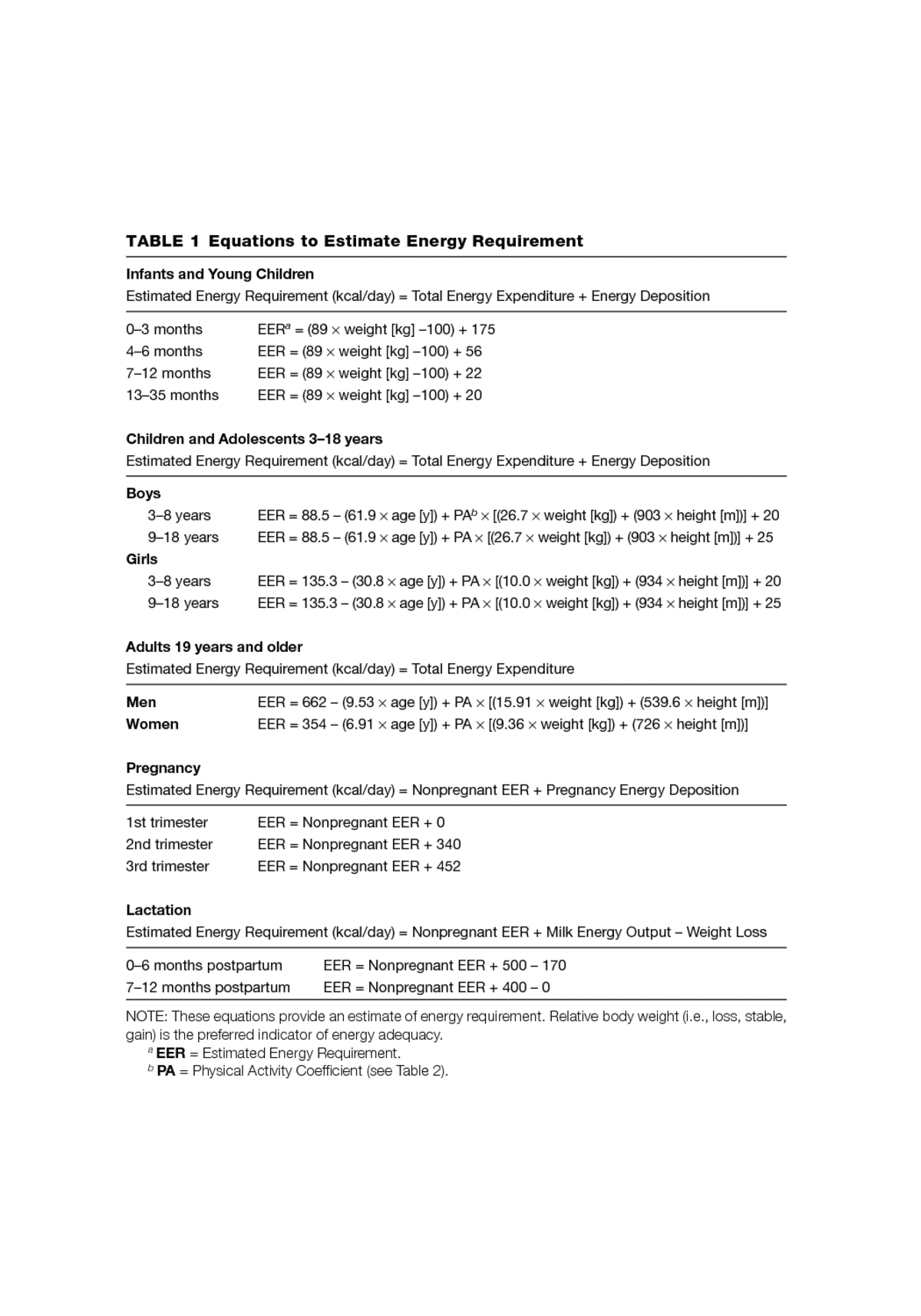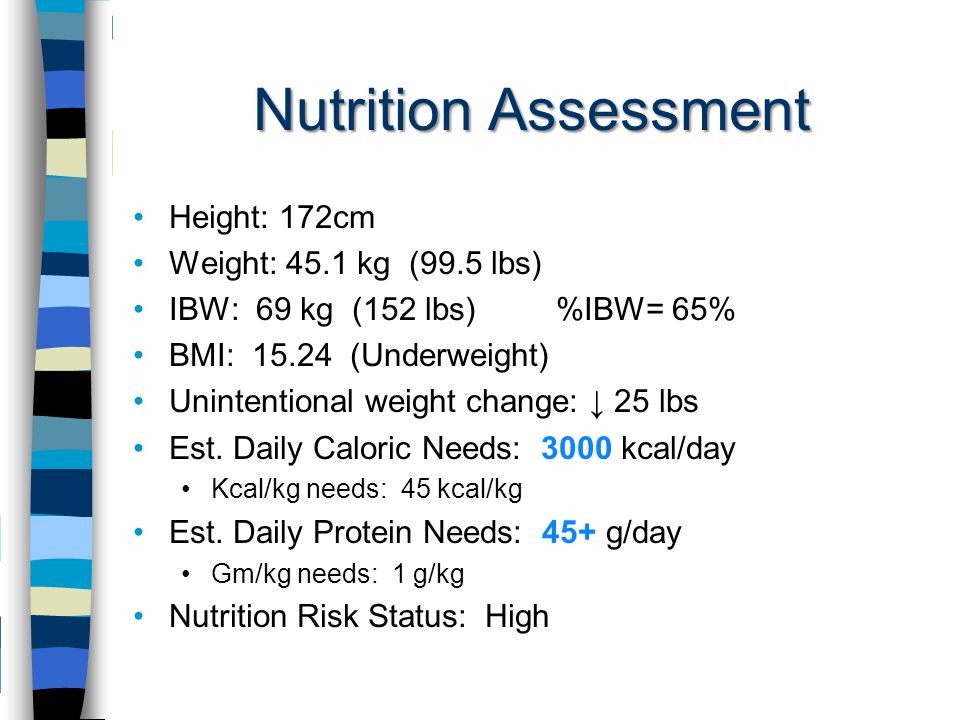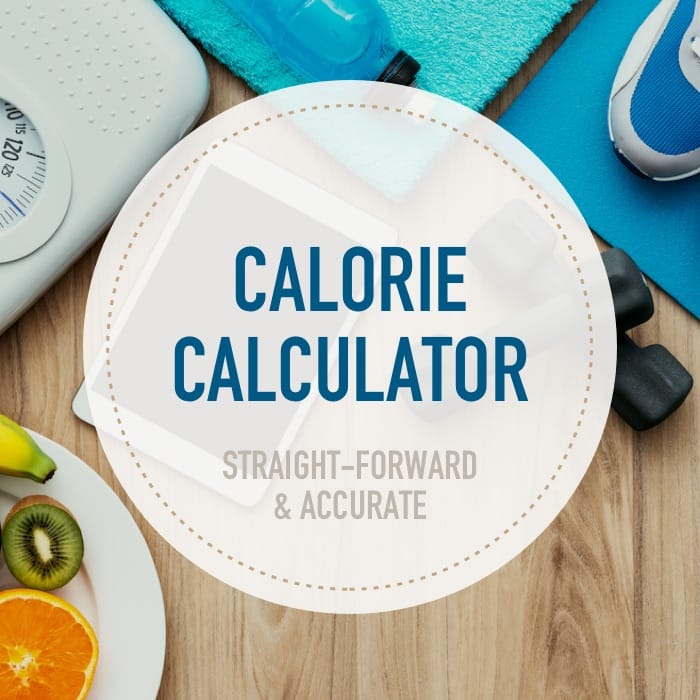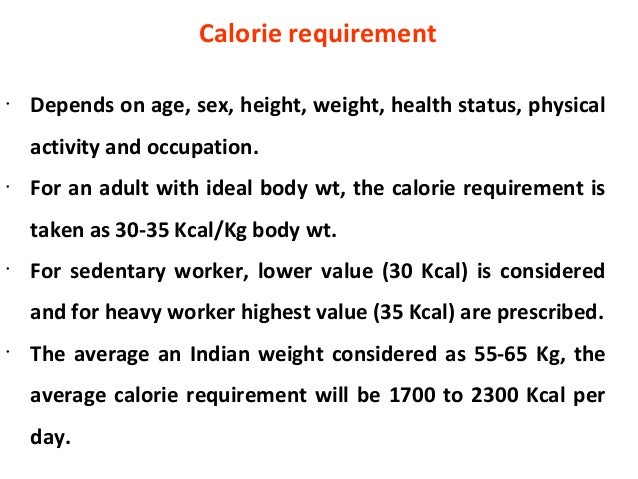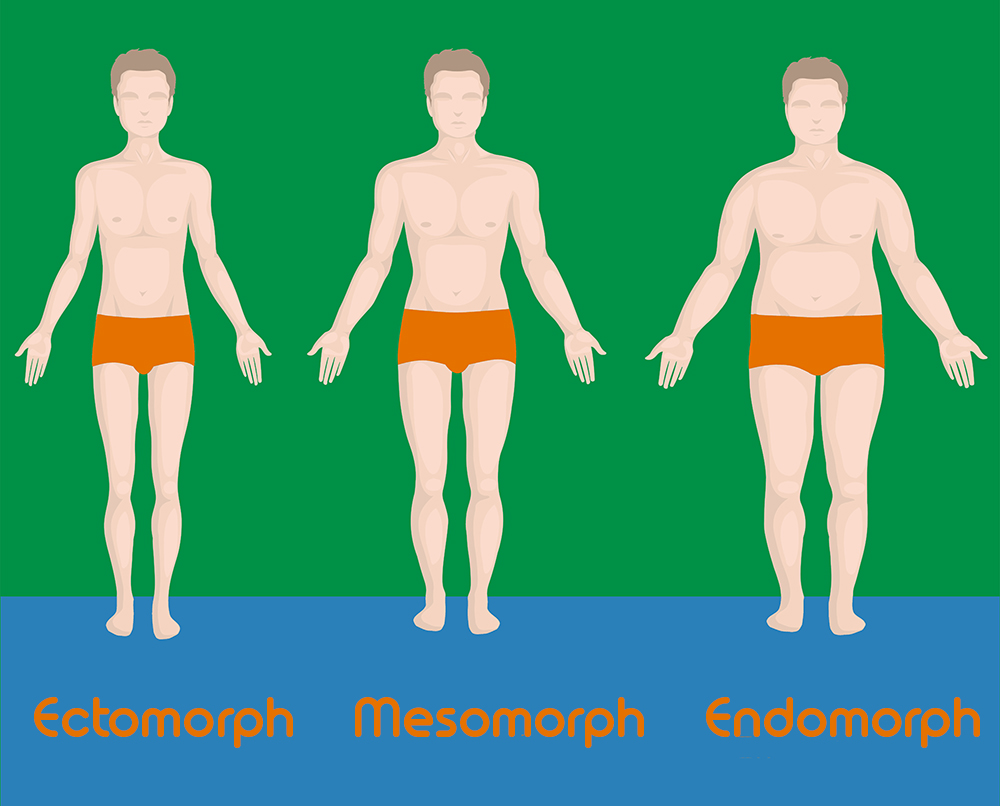To lose weight the most important thing is to set yourself a realistic goal and take your time. 119 to 138 lbs. Caloriekcal bmr x mets 24 x hour excess calorie average. 4ft 11 59 94 to 119 lbs. So whether you want to maintain lose or gain weight its important to know where you stand. Select the statement that best describes your usual activity level.
4ft 10 58 91 to 115 lbs. Sex male female next. Depending on your body size and activity level. For example a person weighing 70 kg burns 70 kcal per hour when sitting completely still. Since these estimates are based on population averages it is always a good idea to closely observe your weight and make adjustments as necessary. When it comes to weight lossor gainknowing how many calories you need can help you gauge whether your diet aligns with your goals.
Suggest subtracting 500 kcal per day if your calorie requirement is estimated at below 3000 kcal or subtracting 1000 kcal from your daily meals if it is higher. A healthy weight loss means about half a pound to one pound per week. Men bmr 10 x weight in kg 625 x height in cm 5 x age in years 5 measured in kcalday women bmr 10 x weight in kg 625 x height in cm 5 x age in years 161 measured in kcalday the katch mcardle formula resting daily energy expenditure bmr 370 216 x lbm lbm lean body mass in kg. The reference woman is 54 163 cm tall and weighs 126 pounds 573 kg whereas the reference man is 510 178 cm and weighs 154 pounds 70 kg. Calorie intakecalorie burned300kcalday walking 10000 steps a day will burn about 300 kcal. 143 to 186 lbs.
If youre pregnant or breast feeding are a competitive athlete or have a metabolic disease such as diabetes the calorie calculator may overestimate or underestimate your actual calorie needs. 1 met is equal to 1 kcal per kilogram of body weight per hour. General recommendations by katch et al. While 2000 calories per day is a fine recommended target caloric needs arent a one size fit all deal. 191 to 258 lbs. This weight loss rule is ubiquitously known as the 3500 kcal per pound rule which is unfortunately very unprecise as it was derived by estimation of the energy content of weight lost but it ignores dynamic physiological adaptations to altered body weight that lead to changes of both the resting metabolic rate as well as the energy cost of.
This site shall not be liable for any damages arising out of the use this library.



